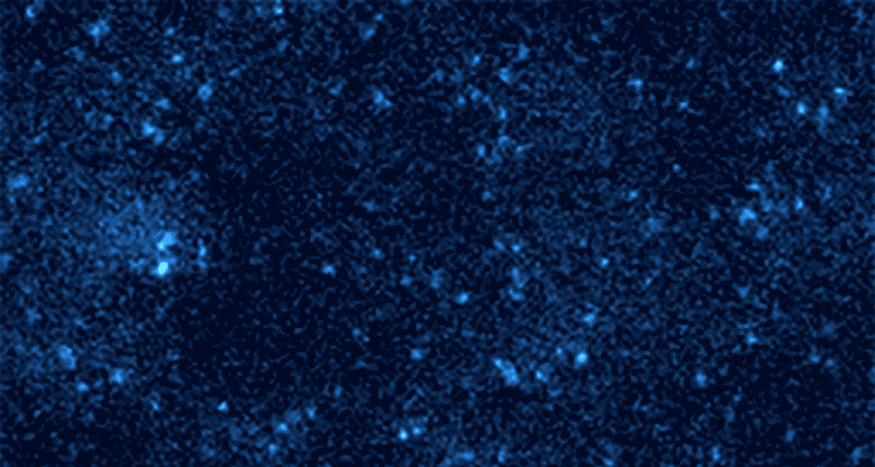Overview
Molecular assembly, DNA computing, robot motion planning, parallel algorithms, randomized algorithms, graph algorithms, algebraic computation, data compression, optical computation, and quantum computation.
Current Appointments & Affiliations
A. Hollis Edens Distinguished Professor of Computer Science
·
2003 - Present
Computer Science,
Trinity College of Arts & Sciences
Professor of Computer Science
·
1986 - Present
Computer Science,
Trinity College of Arts & Sciences
Professor in the Thomas Lord Department of Mechanical Engineering and Materials Science
·
2024 - Present
Thomas Lord Department of Mechanical Engineering and Materials Science,
Pratt School of Engineering
Recent Publications
Neural CRNs: A Natural Implementation of Learning in Chemical Reaction Networks.
Journal Article ACS synthetic biology · October 2025 Molecular circuits capable of autonomous learning could unlock novel applications in fields such as bioengineering and synthetic biology. To this end, existing chemical implementations of neural computing have primarily relied on emulating discrete-layered ... Full text CiteA biomimetic branching signal-passing tile assembly model with dynamic growth and disassembly.
Journal Article Journal of the Royal Society, Interface · August 2024 Natural biological branching processes can form tree-like structures at all scales and, moreover, can perform various functions to achieve specific goals; these include receiving stimuli, performing two-way communication along their branches, and dynamical ... Full text CiteLeak-resilient enzyme-free nucleic acid dynamical systems through shadow cancellation
Journal Article Journal of the Royal Society Interface · June 19, 2024 DNA strand displacement (DSD) emerged as a prominent reaction motif for engineering nucleic acid-based computational devices with programmable behaviours. However, strand displacement circuits are susceptible to background noise, known as leaks, which disr ... Full text CiteRecent Grants
Molecular-Scale AI Via DNA Computing
ResearchPrincipal Investigator · Awarded by Defense Advanced Research Projects Agency · 2025 - 2026SHF: Small: High-speed DNA polymerase CRNs for signal amplification, oscillation, consensus, and linear control
ResearchPrincipal Investigator · Awarded by National Science Foundation · 2021 - 2025Support of Twenty First Conference on the Foundations of Nanoscience (FNANO24)
ConferencePrincipal Investigator · Awarded by Army Research Office · 2024 - 2024View All Grants
Education, Training & Certifications
Harvard University ·
1977
Ph.D.
Harvard University ·
1975
M.S.
Tufts University ·
1973
B.S.




